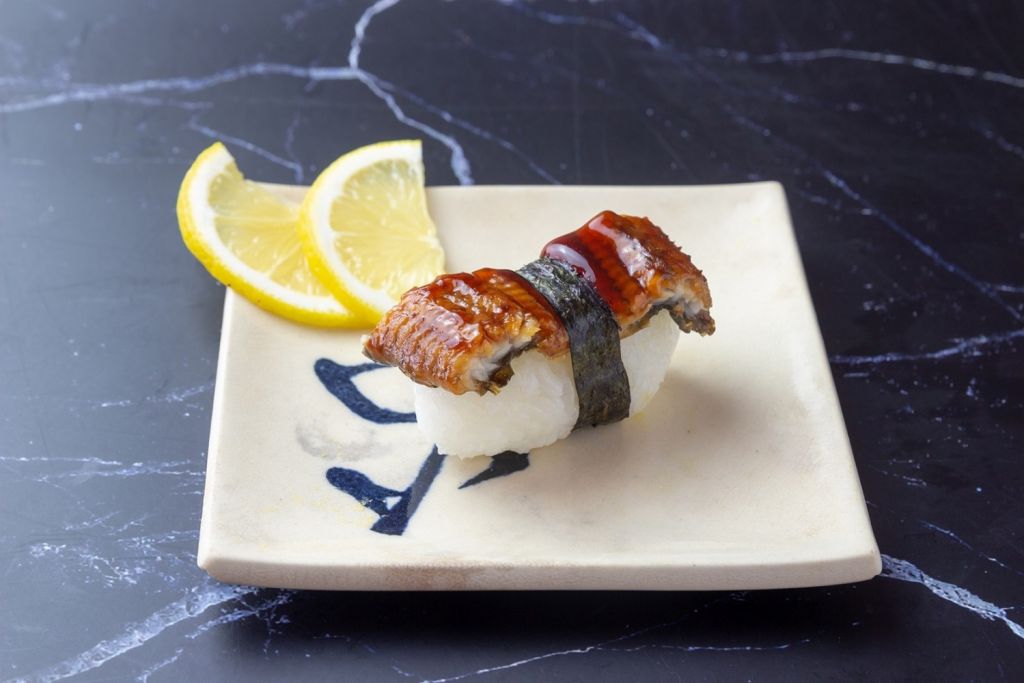Newsletter Signup - Under Article / In Page
"*" indicates required fields
Cell cultured seafood produced with the same nutrients and texture has been developed through patented organoid technology.
Previously used in developmental biology, medicine and research, organoids are stem cell-derived, three-dimensional tissue structures that, when used in cell-cultured seafood products, require only a minimal amount of growth factors.
Forsea Foods Ltd. has announced it is beginning its activities by targeting the supply gaps in the eel meat market and says it can now relieve the bottleneck in supply.
The organoid approach
Developed by Iftach Nachman, co-founder of Forsea Foods, the organoid approach to forming fish tissue involves creating an ideal environment for fish cells to spontaneously form their natural composition of native fat and muscle. They grow as a three-dimensional tissue structure in the same way they would grow in a living fish.
Nachman said: “While cell cultivation largely focuses on a system of directed differentiation, where cells are signaled to differentiate into a specific cell type and are then combined on a scaffold, our system grows the aggregate of the various cells already at the initial stage of the process.
“The cells organize themselves autonomously into their innate, purposed structure, just as in nature.”
The result is sustainably-produced cultured seafood that embody the same taste and textural traits as their ocean-caught counterparts. Unlike those counterparts, however, the resulting product is free from potential pollutants such as mercury, industrial chemicals, and microplastics.
Nutritional profile
Forsea Foods said that they will also yield the same nutritional profile as traditionally-raised seafood.
“This is a function of how you nourish the cells,” said Roee Nir, a biotechnologist, CEO and co-founder of Forsea Foods.
“There are multiple benefits to the organoid method of cell cultivating fish,” Nir adds. “First, it is a highly scalable platform that bypasses the scaffolding stage and requires fewer bioreactors. This makes the process much simpler and more cost-effective. Additionally, it dramatically reduces the amount of costly growth factors needed.”
Nurtured by the The Kitchen FoodTech Hub, the start-up was formed last October, with an initial injection of capital support from the Israeli Innovation Authority (IIA) and the Strauss-Group.
The new venture brought together Nir, Nachman, and Yaniv Elkouby, a senior researcher at the Hebrew University of Jerusalem and expert in cell developmental biology who dedicated numerous years studying piscine biology.
Global demand projected to double
Vice president of The Kitchen Hub, Amir Zaidman, said: “The demand for seafood is showing no signs of slowing down.
“In fact, global demand is projected to almost double by 2050. But we are rapidly approaching the point where there will simply not be enough fish in the sea to sustain the global community.
“Forsea’s innovative new cultivation platform has the potential to bring positive disruption to this paradigm by providing a clean, nutritious, delicious, and commercially viable alternative to wild-caught seafood while leaving the delicate ocean ecosystem completely untouched.”
Current trends & innovations in 3D organoids






